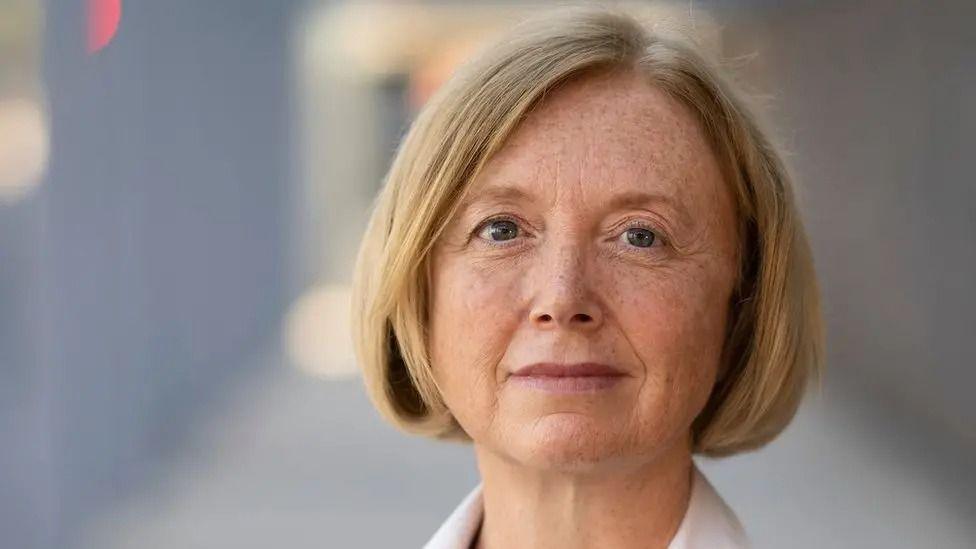Staff burnout warning over plan to free NHS beds

The Welsh government has announced £28m investment aimed at reducing some of the NHS's longest waiting times
- Published
A new plan aimed at freeing up hospital beds more quickly could lead to staff burnout, a doctors' leader has warned.
Health boards and local authorities have been asked to work together to use a 10-point action plan to support more people to return home after experiencing long delays in hospital.
Dr Iona Collins of the British Medical Association (BMA) told BBC Radio Wales Breakfast that the Welsh government's "50-day challenge" - part of its winter resilience plans - will lead to additional working hours which could reduce morale amongst health workers.
Health and Social Care Secretary Jeremy Miles said it will help patients to regain their independence.
Hospital waiting list tops 800,000 for first time
- Published24 October 2024
Will more Welsh patients go to England? It's unclear
- Published16 October 2024
Minor injuries unit staff say work is unsafe
- Published23 October 2024
Hospital waiting times in Wales hit record levels in August, raising concerns about the service during the winter months.
The Welsh government has announced a £28m investment aimed at reducing some of the longest waiting times within the NHS.
However, Dr Collins, who chairs the BMA Welsh council, said: "On the one hand, we're trying to get more out of the service, and at the same time we're supplying less to the service.
"It's little wonder that we're seeing staff burning out and patients feeling that they're not getting the right care."
Dr Collins welcomed the cash injection, but said a culture change was needed to ensure the service has a healthy future.
"How can you expect people to keep pushing themselves, doing this additional work for no charge?" said Dr Collins.
"That's what people are habitually doing in the NHS. Because they see the outcome of an underfunded system."

"Medical staff walk away for their mental health," says Dr Iona Collins of the British Medical Association
At any one time, there are about 1,600 patients, mostly elderly, in hospital beds in Wales who are otherwise fit to be discharged.
In some hospitals, this is 20% of all beds.
But delays around assessment and getting the right care support in place means patients can spend an average of five weeks in hospital unnecessarily.
The Welsh NHS Confederation says the fragility of social services presents a “huge challenge”.
Mr Miles said many of the recommendations were already being achieved at health boards.
"The 50-day challenge is about every party of Wales adopting the 10 things that we know make the biggest difference in discharging patients safely," he said.
"This is about making the whole system more resilient and able to work more smoothly."
Conservative health spokesman Sam Rowlands said he was concerned about the plan's ability to help the service increase its capacity.
“The Welsh Conservatives would pass on every penny received for health on the Welsh NHS to integrate it more appropriately with social care, properly financing councils with a new funding formula to deliver the service and to enact a substantial workforce plan to hire more doctors and nurses as opposed to Labour’s plan to create more jobs for politicians.”
Plaid Cymru spokesman Mabon ap Gwynfor said:
“After 25 years in power, this latest scheme is another admission of failure on Labour's part to get to grips with the fundamental issues. They don't have a care workforce plan in place, they aren't paying carers enough, and they are failing to provide enough funding to our local authorities in charge of social care."
"While we welcome initiatives to speed up hospital discharge times and improve community care, until they get the fundamentals right we'll only see more of the same."